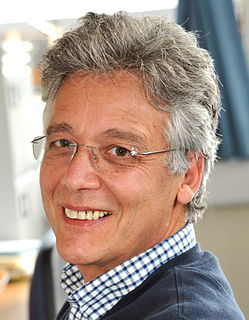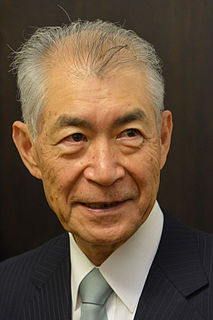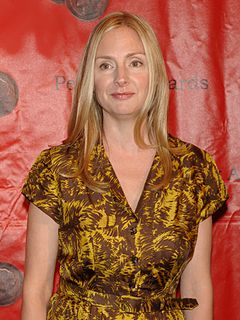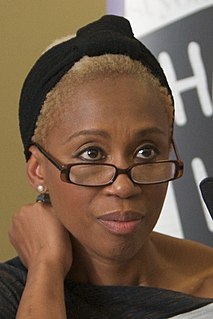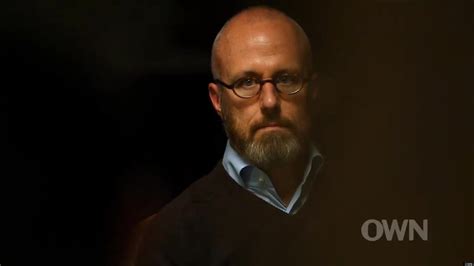Top 1200 Cognitive Therapy Quotes & Sayings
Explore popular Cognitive Therapy quotes.
Last updated on April 14, 2025.
The first principle of cognitive therapy is that all your moods are created by your 'cognitions,' or thoughts. A cognition refers to the way you look at things - your perceptions, mental attitudes, and beliefs. It includes the way you interpret things - what you say. about something or someone to yourself.
I have my writing therapy. For me, writing and friends therapy is an internal journey where you go in deep, you reflect, you try to heal your inner child. But as an activist, there's the outward, going wide therapy, where you get to realize at a certain point that talking about yourself gets boring. And it's also unhealthy to be so much into yourself. At some point, you have got to be able to look at the issue and say, "It's not about you. It's about a culture, a people, a nation, a family."
What I argue is that talk of knowledge plays an important role in theories within cognitive ethology. The idea is this. First, one sees cognitive ethologists arguing that we need to attribute propositional attitudes to some animals in order to explain the sophistication of their cognitive achievements.
The cognitive therapy that takes place in the film Antichrist is a form of therapy that I have used for some time, and it has to do with confronting your fears. I would say that especially the part of the film that has to do with therapy is humoristic because people who know about this form of therapy would know that the character is more than a fool.
Think about when a digital business marries up with what I'll call 'digital intelligence.' It is the dawn of a new era about being a 'cognitive' business. When every product, every service, how you run your company can actually have a piece that learns and thinks as part of it, you will be a cognitive business.
In studying language we can discover many basic properties of this cognitive structure, its organization, and also the genetic predispositions that provide the foundation for its development. So in this respect, linguistics, first of all, tries to characterize a major feature of human cognitive organization. And second, I think it may provide a suggestive model for the study of other cognitive systems. And the collection of these systems is one aspect of human nature.
The Freudian tradition will never completely die because it has a few good points. For example, people have motives and thoughts of which they are unaware. Most of cognitive therapy has now adopted a similar idea. On the other hand, the relationship part of psychoanalysis - where you must have a deep, emotional relationship with the client - will, I think, get kicked in the teeth one of these days.
The government ought to help out, because the average citizen can't go out and be doing reviews of the scientific literature. And focus on the processes that have low side effects and good long-term outcomes. Right now you're going to find those in the psychosocial area, in the therapy area, in the empirically supported treatments such as ACT or cognitive behavior therapy, behavior therapy. And go there first rather than going to the pill bottle as if it's going to be the end of your journey. Very often it's only going to help, and even only to a minor degree, and more is going to be needed.
Now on to reparative therapy, I think counseling is a wonderful tool for anybody regardless of what struggle they bring to the table. I think we can all use a little bit of counseling on planet earth today. But when it comes to reparative therapy, the reason we have distanced ourselves from it is because some of the things that they employ and some of the messages that I've heard from reparative therapists with regards to what someone can expect once they get through that type of therapy.
I'm doing a lot of cognitive processing. I'm gathering research. I'm processing it. I'm arranging the data. I'm sorting out the narrative. I'm designing. It's almost as if I do all the cognitive work that you then don't have to do. I digest it, process it, and then offer something that's very easy for you to digest.
Mood reflects the biology of the brain. How you feel is affected by the chemicals in the brain, and these are the same chemicals that form the basis of mood-altering drugs. You may use yoga, meditation, cognitive behaviour therapy (CBT) or exercise to alter your mood, or revert to healthy eating, regular exercise and getting enough sleep.
Cognitive therapy is based on the idea that when you change the way you think, you can change the way you feel and behave. In other words, if we can learn to think about other people in a more positive and realistic way, it will be far easier to resolve conflicts and develop rewarding personal and professional relationships.
There had been a head of the FDA (who later turned out to be a fraud) his name was Fishbein and he was rampantly opposed to any alternative therapy. He went after Hoxsey, the Hoxsey therapy back in the 1940's and 50's, and destroyed Hoxsey. But not before Hoxsey sued the AMA and Fishbein and [proved] that the therapy actually worked. But it didn't help him because they closed him down anyhow







